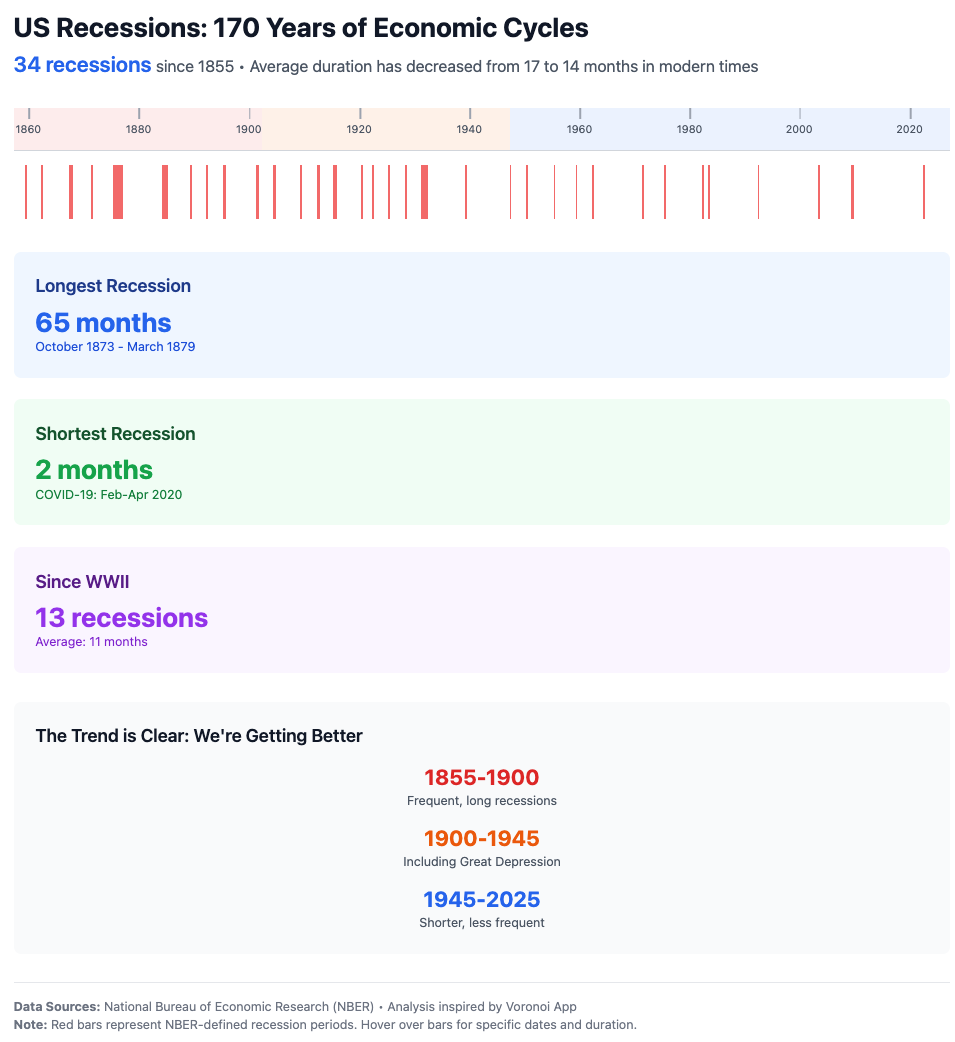The Benefits of Using Qualified Terminable Interest Trusts
- Anatoly Iofe

- Jun 13, 2023
- 3 min read

Qualified Terminable Interest Trusts (QTIP trusts) are powerful estate planning tools that offer numerous benefits to individuals looking to provide for their loved ones while maintaining control over the distribution of their assets. A QTIP trust allows the grantor to ensure that their surviving spouse is provided for during their lifetime while preserving their assets for future generations. In this article, we will explore the key advantages of utilizing QTIP trusts in estate planning.
Providing for a Surviving Spouse:
One of the primary benefits of QTIP trusts is the ability to provide financial security for a surviving spouse. By creating a QTIP trust, the grantor can ensure that their spouse receives income from the trust assets during their lifetime, while preserving the principal for the ultimate beneficiaries, such as children or other designated individuals. This feature is particularly useful in cases where the grantor has children from a previous relationship or wants to protect assets from potential future spouses.
Preserving Control over Asset Distribution:
QTIP trusts allow the grantor to exercise control over the distribution of their assets even after their death. The trust document can specify how the trust assets should be distributed among the ultimate beneficiaries, ensuring that the grantor's wishes are followed. This control is especially beneficial in blended families or situations where the grantor wants to provide for a surviving spouse but ultimately designate different beneficiaries for the remaining assets.
Protection from Creditors and Divorce:
Assets held within a QTIP trust are generally shielded from creditors and potential claims arising from divorce. This protection can be crucial in safeguarding the trust assets for the intended beneficiaries, ensuring that they are not subject to potential loss in the event of financial difficulties or marital disputes.
Estate Tax Planning:
QTIP trusts are commonly used as part of estate tax planning strategies. By making use of the unlimited marital deduction, the grantor can transfer assets into a QTIP trust, thereby reducing their taxable estate. This deduction allows the grantor to defer the payment of estate taxes until the death of the surviving spouse, allowing for the preservation and growth of assets over time.
Flexibility and Modification:
QTIP trusts offer flexibility and can be modified during the grantor's lifetime, provided certain requirements are met. This adaptability allows for adjustments in response to changing circumstances, such as changes in tax laws, family dynamics, or financial situations. It ensures that the trust remains aligned with the grantor's intentions and objectives.
Privacy and Avoidance of Probate:
Assets held within a QTIP trust are generally not subject to probate proceedings. This aspect provides enhanced privacy, as the trust agreement and asset distribution remain confidential, unlike the public nature of the probate process. Avoiding probate can also save time and expenses associated with the administration of the estate.
Qualified Terminable Interest Trusts (QTIP trusts) offer a range of benefits for individuals engaged in estate planning. From providing for a surviving spouse to preserving control over asset distribution and minimizing tax liabilities, QTIP trusts provide a comprehensive and flexible solution. With the ability to protect assets from creditors and potential claims, ensure privacy, and adapt to changing circumstances, QTIP trusts have proven to be an invaluable tool in estate planning strategies. Seeking the guidance of a qualified estate planning attorney is essential to create a QTIP trust tailored to individual needs and objectives.
Have questions? book your free consultation here.
The information in this material is not intended as tax or legal advice. Please consult legal or tax professionals for specific information regarding your individual situation.




